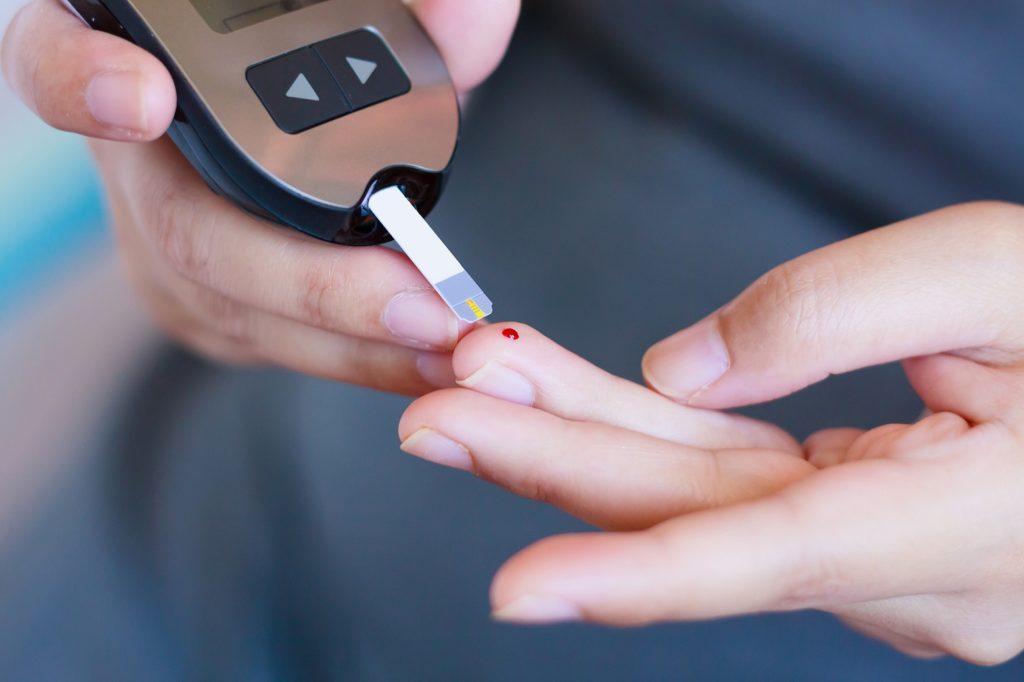Heart failure in Diabetes is often overlooked
In Germany, there are more and more diabetics. For those Affected, it can lead to numerous complications. Often, Diabetes is caused in the course of time diseases of the cardiovascular system, such as a chronic heart weakness. However, the decreased cardiac output is often not recognized. This can be dangerous.
Over three million German citizens suffer from weakness of heart
According to health experts, more than three million people in Germany suffer from congestive heart failure (heart failure). As a result of this disease, the heart is no longer able to supply the body sufficiently with blood and oxygen. This leads to shortness of breath, decrease in efficiency, fatigue, and water retention in the legs. The heart disease can also be fatal. However, it is not recognized, apparently, often, as experts are now reporting.

Early Risk Of Death
Although the risk to die earlier than other heirs and to land more frequently in the hospital is increasing for people with Diabetes and heart failure.
However, it seems that the decreased cardiac output is not always recognized.
To ensure current data suggest that, at least, reflect the real-life Treatment in Germany and Austria, such as the Foundation of DHD (heart disease, diabetes) reported in the German Diabetes Foundation in a from the information service science (idw) published notice.
Increased risk of heart failure in Diabetes
While international studies show that Diabetes in congestive heart failure (Heart Failure – HF) patients, occurs in 25 to 40 percent and the risk of HF in Diabetes mellitus increased two-fold, the prevalence in a recently published evaluation of the register DPV (Diabetes-patient-history documentation) at 5.1 percent.
For the in the journal “Diabetic Medicine” study published in the data pool of almost 290.000 in the DPV registered patients with type 2 Diabetes in the treatment period 2010 to 2015 was examined.
The aim of the evaluation of the detection of the HF prevalence using ICD (International Classification of Diseases) coding and the analysis of the treatment situation on the Basis of the standardized documentation, with multi-centre participation.
According to the figures, over 400 treatment facilities, mainly from Germany and Austria, diabetes-relevant patient data to be documented in the DPV registry.
Undetected and untreated
“The fact that the incidence of heart failure in the DPV analysis was with just over 5 percent, much lower than expected, could be due to the pure detection over ICD Code,” said study co-author Professor Diethelm Tschöpe, Chairman of the Foundation of the DHD.
According to the experts it could not be safe to assume that patients with type 2 Diabetes have been investigated in the period from 2010 to 2015, specifically on HF.
More likely is that an active diagnostics have often been lacking, “especially since the heart failure as a prognostic accepts significant complication in Diabetes in the last three years, the focus has moved”, Tschöpe.
The clinical experience would show, however, that the congestive heart failure and, especially in the early stages of HF in patients undetected with Diabetes often remain untreated.
The Longer Duration Of The Disease
The information, according to evaluation of the proportion of diabetic patients with HF is expected to increase in the DPV in accordance with with age, with more women affected than men.
Also heart insufficient diabetics had a longer duration of the disease with disturbed glucose metabolism.
They were treated more often than patients without HF with Insulin, her HbA1c value was lower, and the Body Mass Index (BMI) was higher.
Hypertension and dyslipidemia were treated for heart failure patients with Diabetes, intensive. (ad)